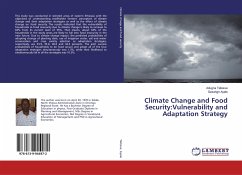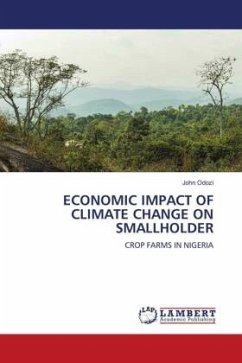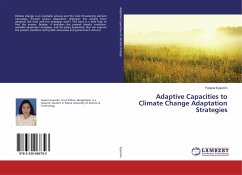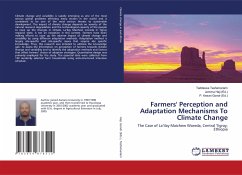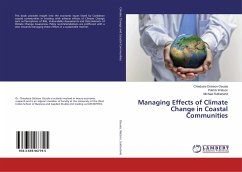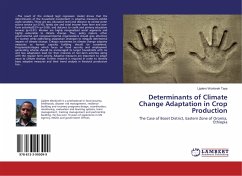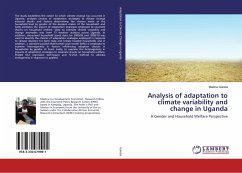This study was conducted in selected areas of eastern Ethiopia with the objectives of understanding smallholder farmers' perception of climate change and their adaptation strategies as well as the effect of climate change on food security. The results indicated that the vulnerability of households to food insecurity due to climate change is likely to increase to 63% from its current level of 55%. That means, about 63% of the households in the study areas are likely to fall into food insecurity in the near future. Due to climate change impact, the predicted probabilities of adopting change of planting date, use of irrigation water, soil and water conservation and crop variety selection as adaptation strategies, respectively, are 33.9, 35.0, 36.6 and 34.4 percents. The joint success probabilities of households to be food secure and adopt all of the four adaptation strategies simultaneously was 1.5%, while their likelihood to simultaneously fail in all the strategies was 10.5%.
Bitte wählen Sie Ihr Anliegen aus.
Rechnungen
Retourenschein anfordern
Bestellstatus
Storno

